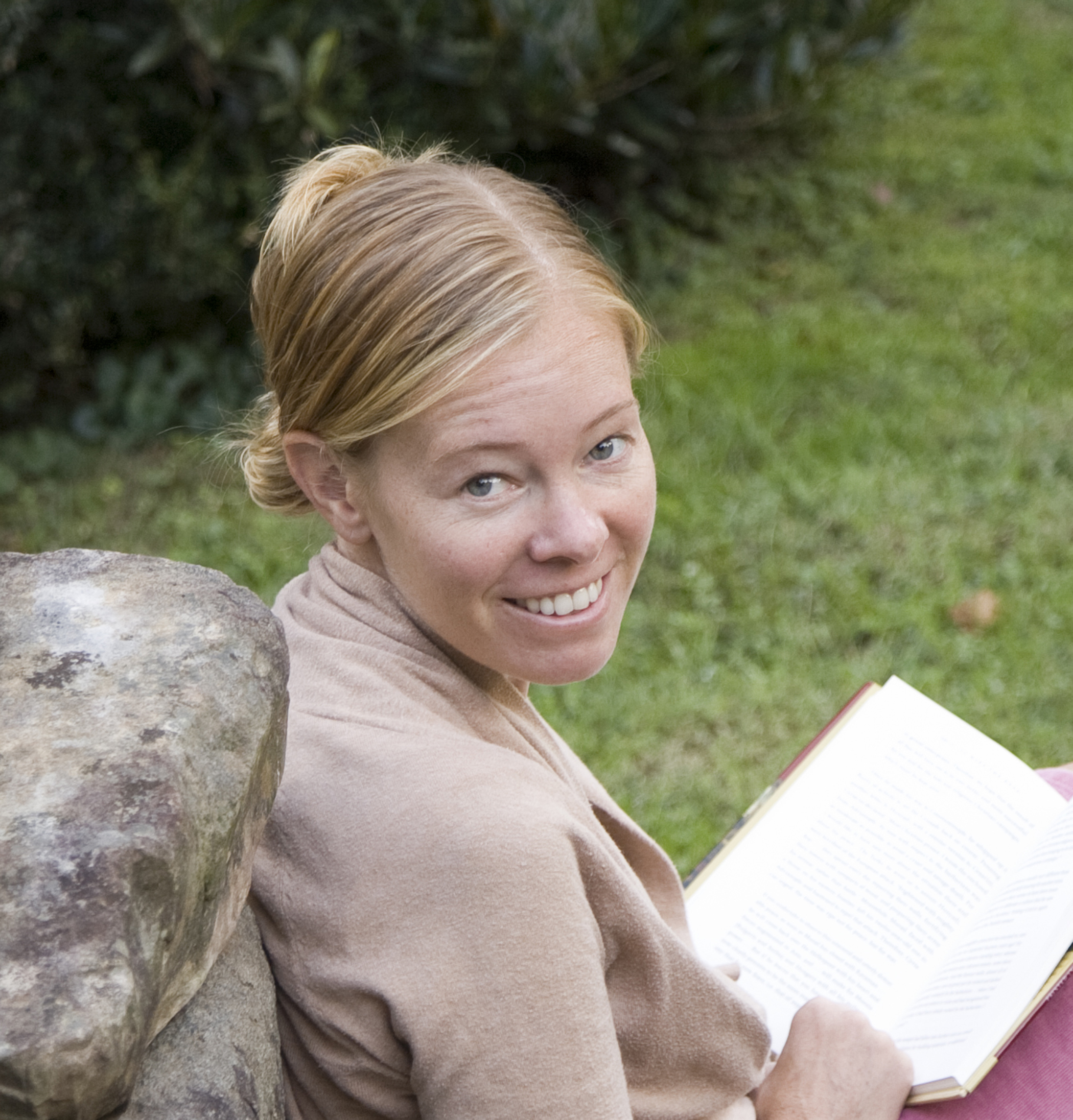
Lauren Jacobi
Scholarship of the past several decades has refined our understanding of the late medieval and Renaissance Italian economy and the coeval organization of commercial enterprise. Yet, we still lack a synthetic study that jointly considers culturally driven concepts of money alongside the actual places where financial trade was conducted. This project uses that touchstone to study the physical form of Italian merchant communities outside of the peninsula’s terra firma in Bruges, Lyon, Messina, Alexandria, Tunis, and Acre, primarily by analyzing archival documents that contain provisions regulating Italian communities in these cities. Exploring the vibrant world system of trade that existed during the late medieval and Renaissance eras, this project examines buildings used for business, particularly fondacos and loggias, as well as the mercantile settlements themselves, arguing that national identity was deeply at the heart of how money and goods moved through trade networks across space.